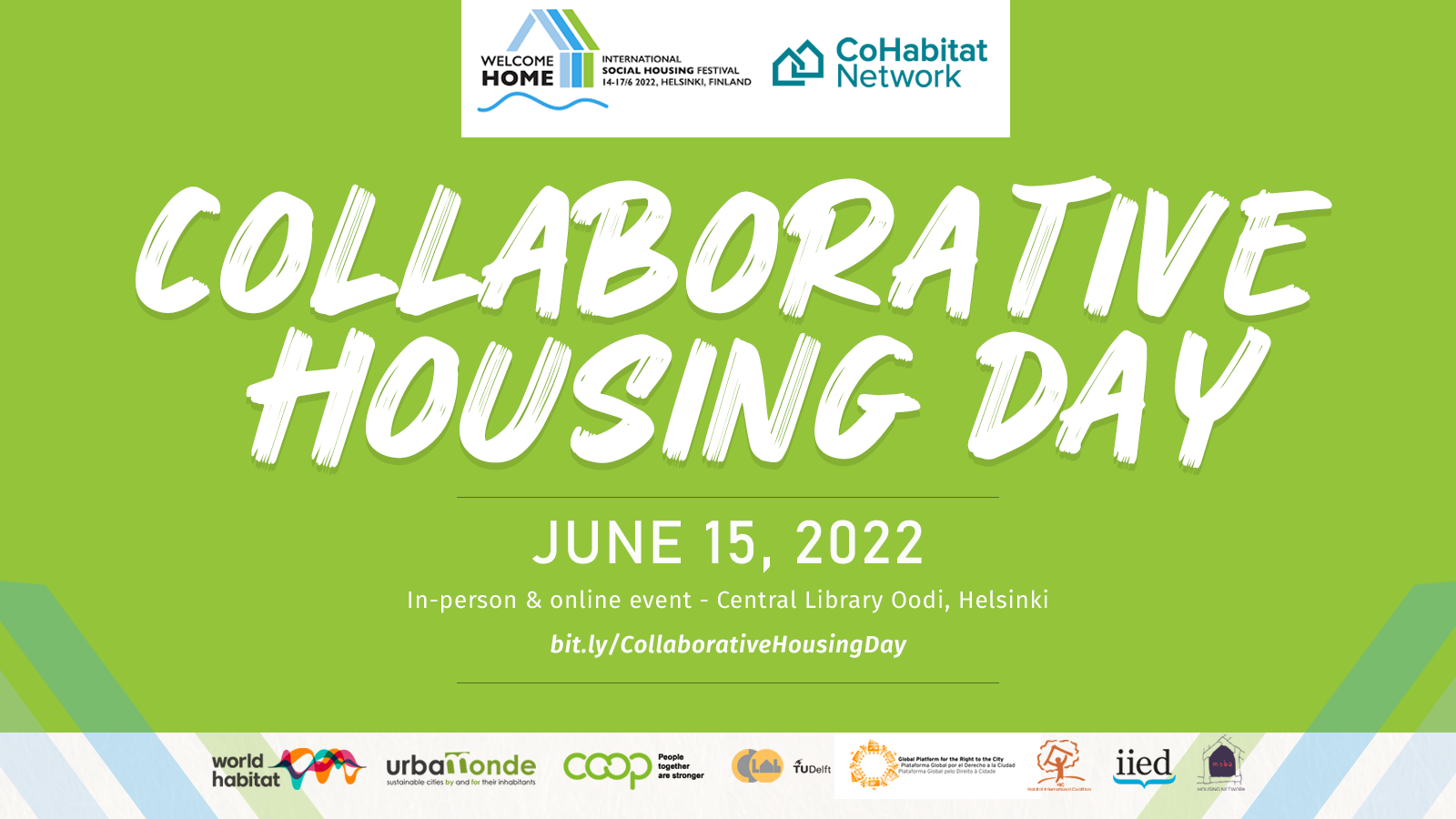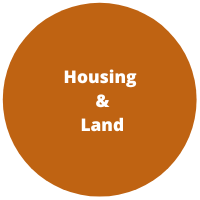Dear friend, Your participation in the Dialogues of Forum Barcelona 2004 has contributed very much to their success. The mass media and the assistants considered the Dialogues “City and Citizenship of the XXI century” as one of the most interesting. The presence of around 20 intellectuals and urban planners has been a great privilege for all of us. We plan to prepare some documents and maybe a book in which we want to include your contribution. We will keep you informed. The following web we celebrated the Dialogues “From marginalisation to citizenship”, in the framework of WUF (World Urban Forum). This dialogue was co-organized in collaboration with HIC (Habitat International Coalition). They also celebrated their General Assembly counting with participation of more than one hundred representatives of urban popular organizations from all over the world. The presence of HIC meant an advance in terms of elaboration of the Chart of Right to the city and HIC members had different meetings with social and professional organizations of Barcelona. Our Dialogue did not result in any final declaration. The participation of all of you were so complex, various, stimulating and consequently hard to be reduced in a short and quick résumé. WUF asked us for a conclusion paper so we suggested some points that were common in many of your interventions. In the first place the critique of currently used models or dynamics in the majority of urban areas that negate or deteriorate a city. The capitalist globalisation based on neoliberal pattern or pattern of “all market” leads to territorial fragmentation, social segregation, urban sprawl, areas of exclusion, loss of physical or symbolic referents, weakening of center and of public space, cultural homogenization and identity reactions, crisis of governability and new anomies and insecurities… Contradictions that are generated by globalised urbanization can lead us to repressive and chaotic cities. We reported the danger of “urban civil war” or “urban neofaxism” that are perceived both in big cities in the developing countries as well as in the developed ones, especially in the U.S.A. Secondly, urbanists claim for more city politics, more democratic governability in the real cities, for making cities in urban areas. The city is not a problem, but a solution. But it is also one of the major challenges of our century: in the next 20 years urban population will be increased by 2.000 million people. In the face of progressive weakening of the countries it is urgent to reinforce the paper of the governments and local and regional leadership, to turn urban plurimunicipal agglomerations into governable cities, decentralized but with strong common policies, with territorial strategies that will ensure their cohesion and equilibrium. In the third place it was argued that there is no unique model of a city. Nor now, nor as an alternative. But there is a numerous diversity of positive examples, promoted both by public authorities and social organizations and there are enough values and concepts that urban culture can make use of in order to develop policies of “making city”. However these criteria and instruments are more developed in the existing city, compact, with centers and history, diverse and polyvalent. And they are less developed in urban periphery, diffused and discontinuous, and is our basic challenge. Fourthly, we exposed a view of urban realities as spaces of conflict, fears and walls, either real or virtual. But also as spaces of innovative practice. Special importance was given to popular sectors that promote including practices in order to achieve a decent level of citizenship and forms of governance of participative democracy. And the last, in the final phase of the Dialogues, the concept of the right to the city was developed. This right, which is considered to be universal, integrates fundamental aspects of urbanism and management of territory such as right to a place, housing and basic services, quality of surroundings, of public space, monumentality, esthetic quality, visibility, accessibility, and mobility in all of the urbanized territory. But also social aspects such as basic income, political and legal equality of all the inhabitants of the territory, residents´ citizenship, participative democracy, universality of information and communication technologies, continued education, alimentation security and so on. In order to make these rights effective we need public policies elaborated and managed democratically and to count with active participation of all the citizens. But also to convert basic sources such as water, energy, air and soil into social property. Forum Barcelona 2004 has finished. The Dialogues about city were taken very much account while preparing the conclusions of this event. In spite of this, we are not very happy with official conclusions, the declaration called “Barcelona´s Commitment” that was presented on September 26, at the closing ceremony. It must be said that this document was promoted by political institutions, Spanish government, Barcelona City Hall and UNESCO and does not necessarily reflect the contents of all of the dialogues and its participants. “Barcelona´s Commitment” is generic and rhetoric as is usual for a manifest. Claims and declarations of good intentions are numerous, but diplomacy is reluctant to point at causes and responsible people or to propose radical solutions. One of the examples is that the declarations proposes “…the progressive deprivatization of natural resources so that air, water and energy could be considered a good of public interest”, but says nothing about soil. However, it does not contradict any of the critical analysis, proposals and hopes that we manifested in our dialogues. On behalf of organizing committee, that is Mirela Fiori, Maya Drnda, Mariela Iglesias, Albert Arias, Francesc Muñoz and Manuel Tironi, as well as Mireia Belil, director of all the Dialogues, let me thank you once again for your participation and the pleasure to have a chance to share this time with you. I hope there will be more chances to keep on sharing and having dialogues with you. Friendly, Jordi Borja
Davinder Lamba Appointed Interim Chair of Kenya Human Rights Commission
Kenya Human Rights Commission (KHRC) is a premier Non-Governmental Organization (NGO) established in April 1992 with a mandate of enhancing human rights-centred governance at all levels in the society. [...]


